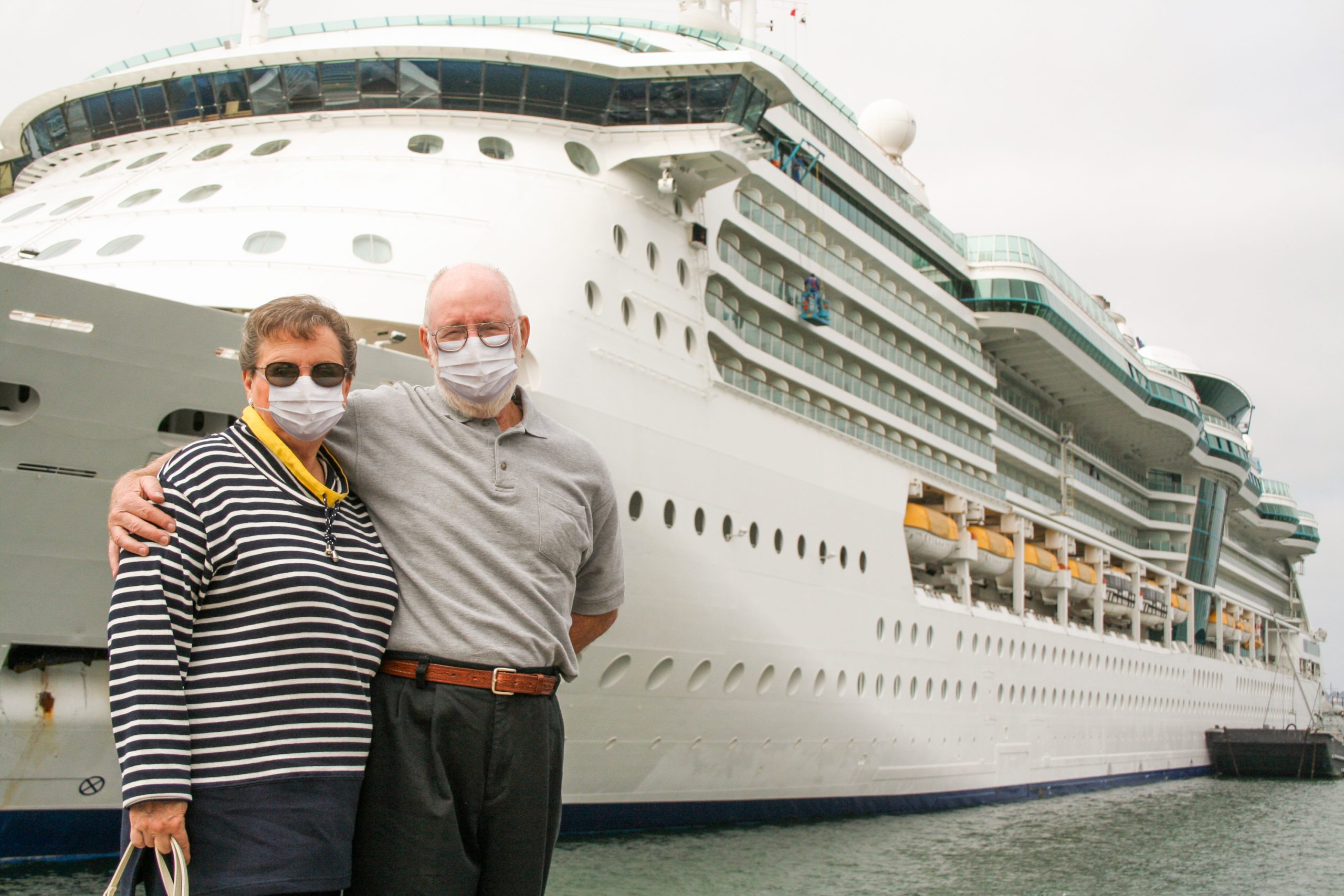The cruise line industry was worth $150 billion and supported over 1.17 million jobs worldwide in 2018. Of course, back then, the world wasn’t suffering from the reverberations of the novel coronavirus (COVID-19). Various industries have been affected by the coronavirus, and it has taken a toll on the cruise lines.
As of February, since the first major case of the outbreak onboard the Diamond Princess, the CDC (Center for Disease Control and Prevention) has deemed traveling by cruise to be dangerous because people are more susceptible to being exposed to the virus. Since the beginning of the coronavirus pandemic, cruise ships have played a massive role in the spreading of the fatal disease due to the tightly packed nature of the ships. They are breeding grounds for bacteria, and these ships easily transport bacteria all around the world. Thousands of passengers and crew members onboard cruise ships have been affected by the virus. Therefore, an extension of the no-sail issue was ordered by the CDC in April and is scheduled to lift in late July. This could be extended even further, but it depends on the testimony of the U.S government and health officials worldwide.
Most companies that own cruise ships now face major financial setbacks. In the wake of the coronavirus pandemic and the no-sail issue, people have canceled their cruising plans- willingly or not- and some have requested refunds. President Donald Trump excluded cruise line companies from the $2 trillion stimulus package Congress passed last month. On Wall Street, the stock prices of Carnival, Royal Caribbean, and Norwegian Cruise Line Holdings all plunged by 45% to 50%. Shares of Carnival, the world’s largest cruise operator, are down more than 80% in 2020.
Aside from financial uncertainties within the cruise ship companies, their reputation is also tarnished. Many customers who have asked for refunds have been denied or bargained with. According to Los Angeles Times, Sam Davis, professor emeritus of architecture at UC Berkeley and his wife, Joanne, have always enjoyed cruises but now they are “battling with Crystal Cruises over a refund for the $30,000 they paid for a two-week Asian voyage that had been scheduled to set sail in March.” Another customer, Lawrence Light, and his wife were booked on a Princess Cruises excursion to Alaska. The voyage was canceled, and according to Lawrence Light Princess offered a credit for a future cruise. However, he declined and requested a full refund. Princess Cruises agreed to the full refund; unfortunately, that was a “couple of months ago.” Many customers are concerned and have doubts that cruise lines will honor the refund and/or credit. These exchanges between customers and cruise ship companies have led many to believe that these companies are willing to put the lives and well-being of their customers at risk to make more revenue.
Bookings for cruise ship sailings in 2021 suggest otherwise, though. There are even bookings for cruises in late 2020. Carnival Cruise Line announced their plans to start cruises this summer. Additionally, the cruise line stated they are taking a focused approach and returning service to a selected number of homeports. Analysts at UBS, a global financial advising firm, also say bookings for 2021 cruises are up 9% over a recent 30-day period when compared with the same time last year. This is extremely encouraging for many cruise ship companies.












